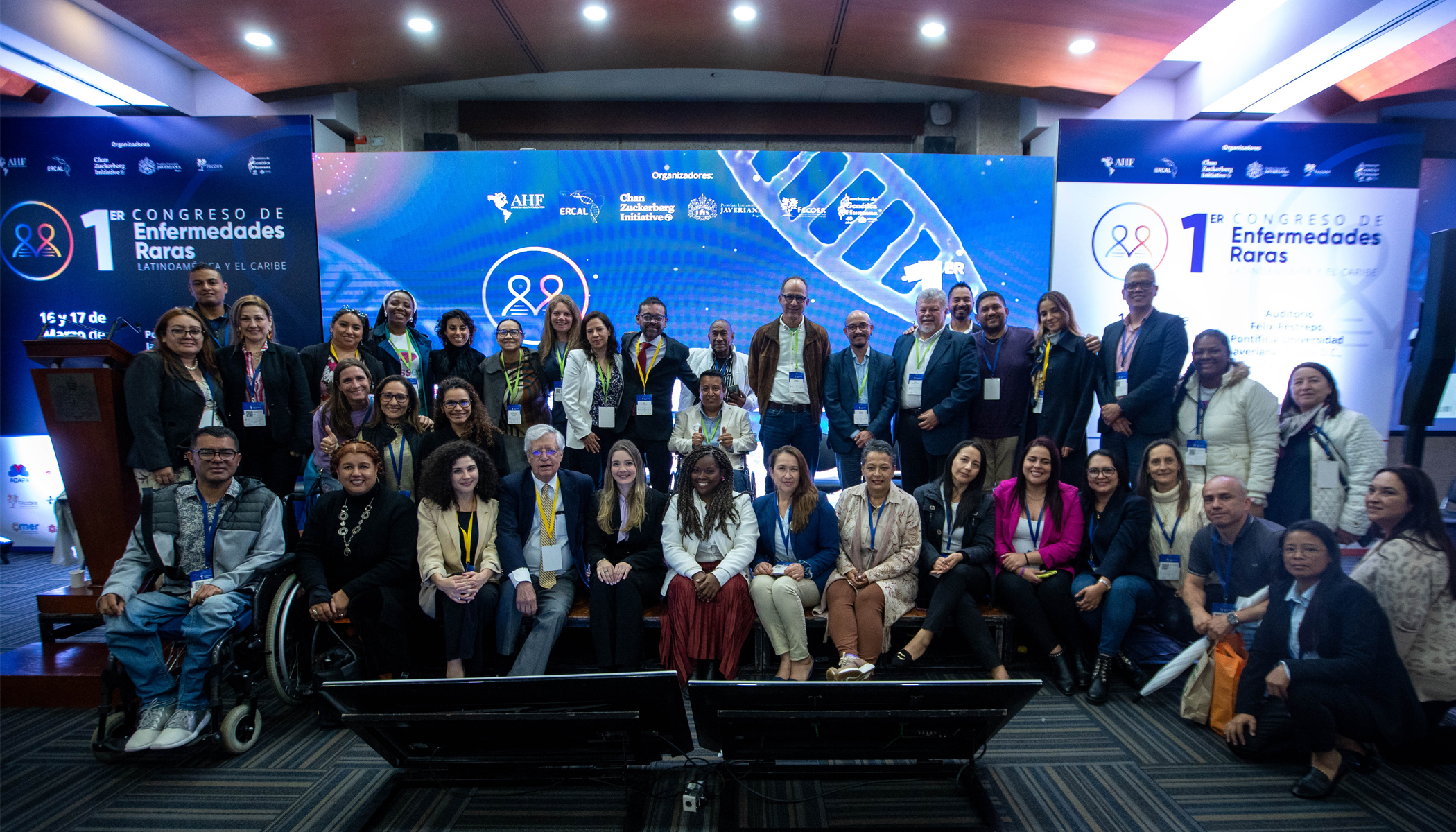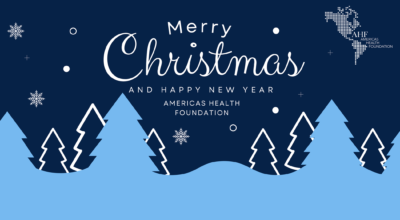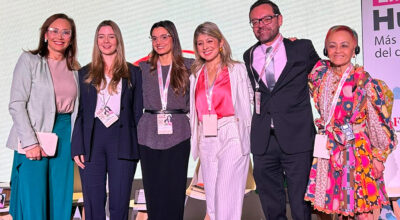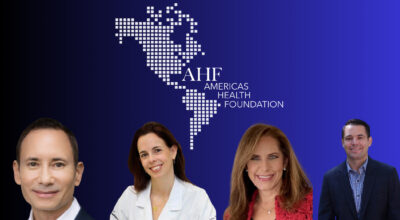Supported by co-organizers, partners, and sponsors, the Americas Health Foundation (AHF) has led the 1st Congress on Rare Diseases for Latin America and the Caribbean. This landmark event
has set the stage for a new era of collaboration and cooperation in advancing the landscape of rare diseases, thus improving the lives of those living with RDs and their families.
Through a patient-driven agenda, this Congress has increased awareness, knowledge, and stakeholder engagement on key topics within the ecosystem of rare diseases, forming the groundwork for follow-up steps. Most importantly, It has solidified the spirit, enthusiasm, and desire for participants to move forward in collaborative efforts.
This powerful event, organized by AHF, was also co-hosted by ERCAL, the Chan Zuckerberg Initiative, Pontificia Universidad Javeriana, FECOER, and the Institute of Human Genomics; supported by 12 partnering organizations (Adapa, Alasser, Febrararas, Fecher, Fecoer, Feper, Ferpof, Fifarma, Omer, Red Enfermedades Raras, Prospectiva, and Remexer); and 12 sponsors (AHF, Biogen, Chan Zuckerberg Initiative, Horizon, Takeda, Alexion, Boehringer Ingelheim, Illumina, Optimal Therapies, Raras Cro, Sanofi, and Ultragenyx).
Featuring 48 speakers from 13 countries, our panels were composed by patient organization leaders, policy makers, researchers, clinicians, regulators, academics, government representatives, industry representatives, and more. Dr. Roberto Giugliani (Brazil), Dr. Gustavo Mendes Santos (Brazil), Dr. Claudia Gonzaga-Jauregui (Mexico), Dr. Ignacio Zarante (Colombia), Dr. Enrique Teran (Ecuador), Dr. Natalia Messina (Argentina), Dr. Gabriela Repetto (Chile), Durhane Wong-Rieger (Canada), and Heidi Bjorson-Pennell (USA) are a few of the key opinion leaders that shared their perspectives in the event.
Throughout 14 panels, experts dove into the reality of RDs in Latin America and the Caribbean; the diagnostic odyssey and challenges in the patient journey; the importance of advancing genomic testing in RDs; having a holistic view of health personnel training for the care of RDs in the region; differential approaches to RDs health technology assessment, innovating financing mechanisms to promote access and sustainability in the care of RDs, the impact of digital health in RDs, and more. Although resources, opportunities, and needs vary throughout the region, Latin American countries face similar challenges in improving the integral management and care of those living with RDs. From these discussions, it has become clear that Latin America must work together as a region, coordinate efforts, leverage lessons learned, further education at all levels, and cooperate to continue advancing the landscape of RDs in the region.




